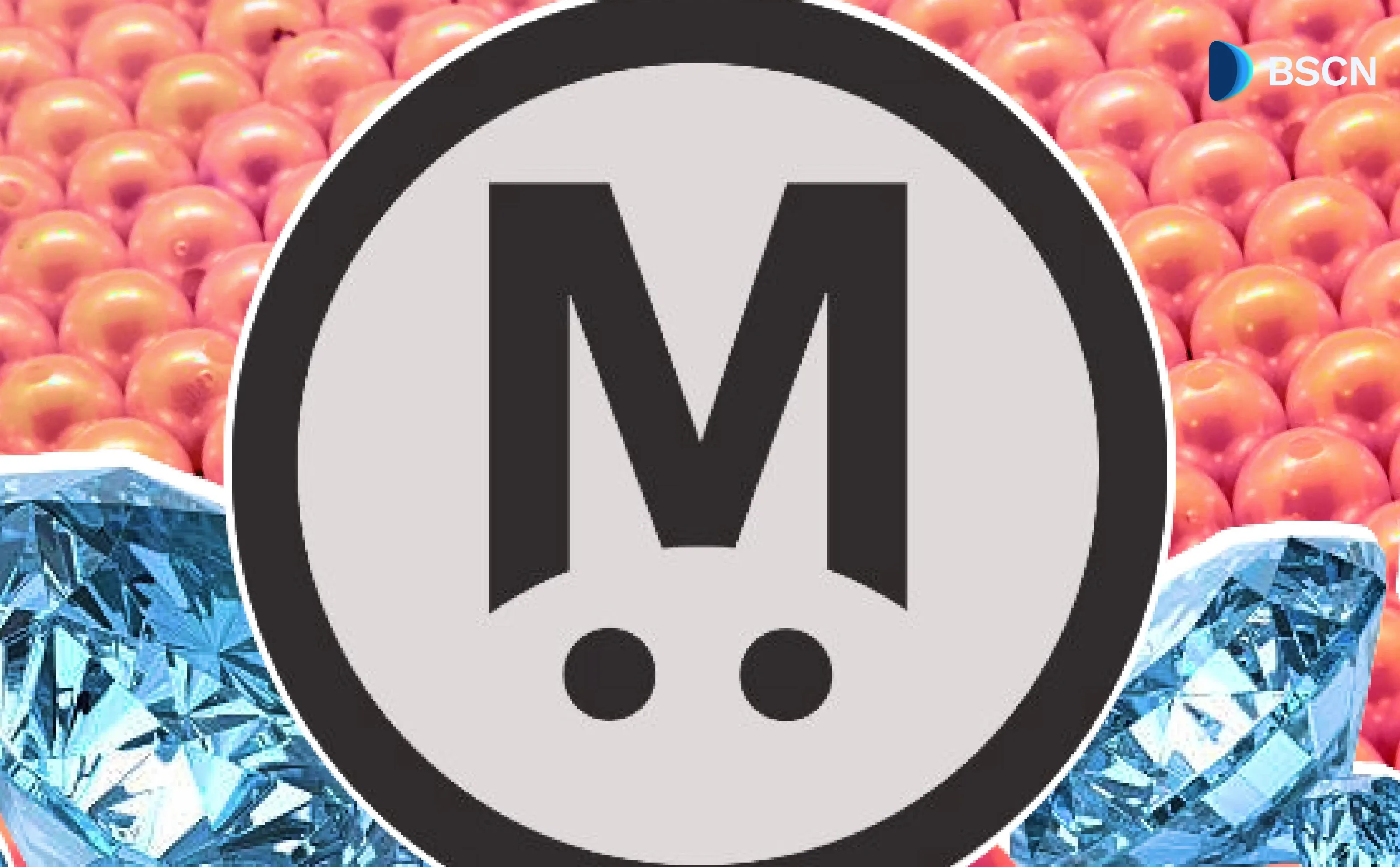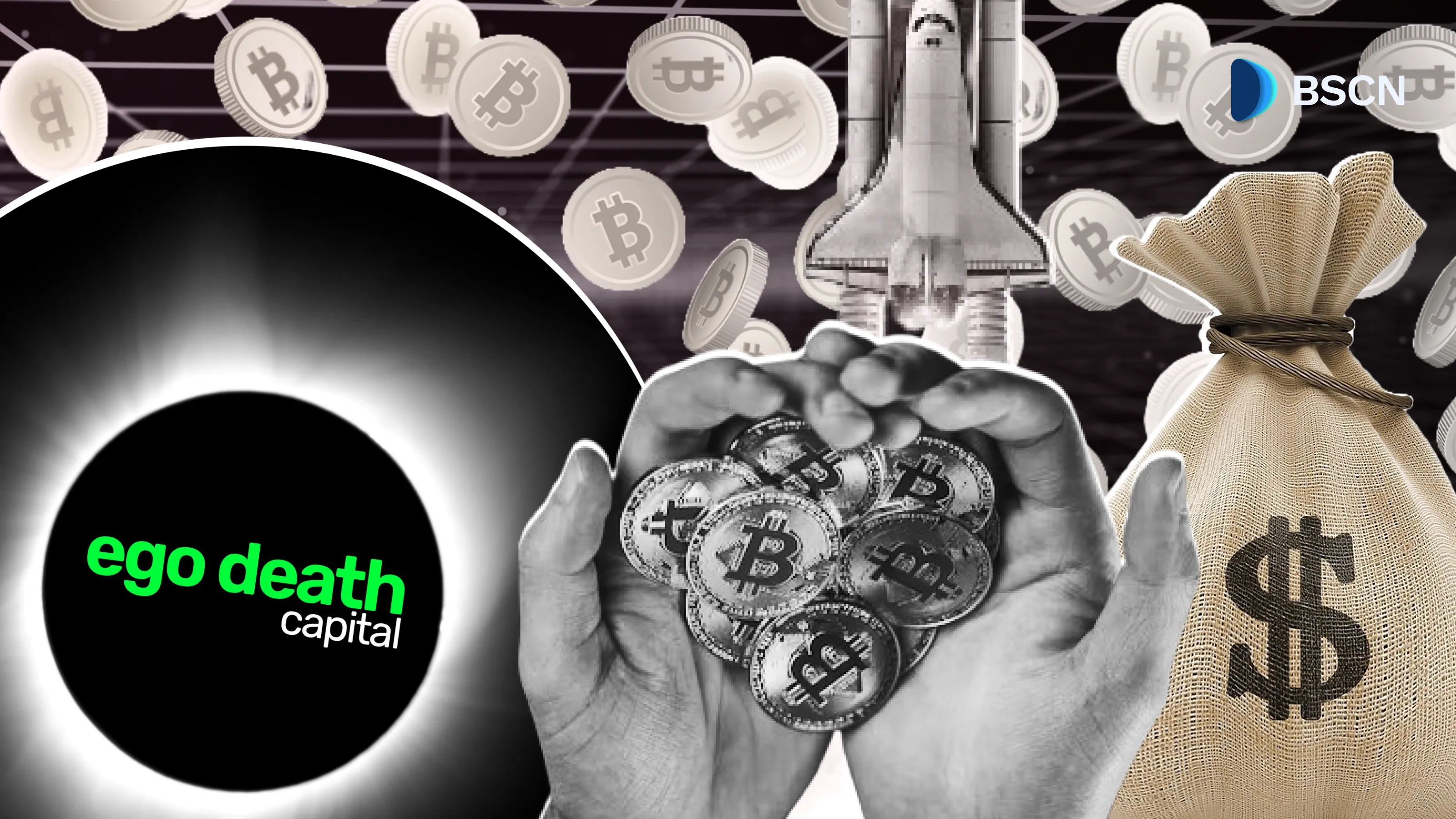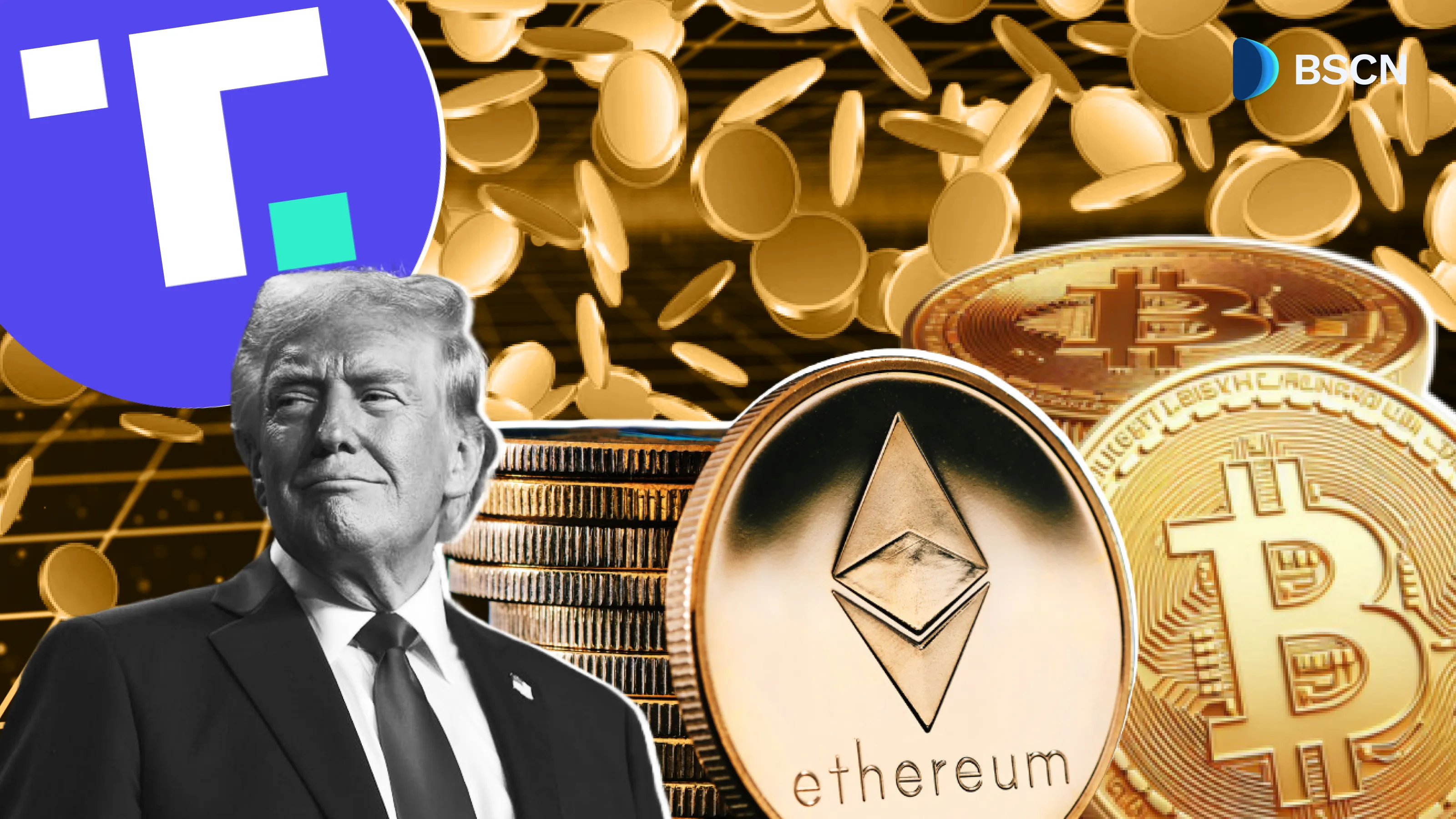WEB3
Vive La France: Chadi El Adnani of Sun Zu Lab on Crypto in Europe

Crypto Research Analyst Chadi El Adanani of Sun Zu Lab spoke with BSC News about crypto adoption in the French-speaking world and European Web3 Innovation.
BSCN
October 27, 2022
Chadi El Adnani, Crypto Research Analyst at SUN ZU Lab, talked to BSC News at the recent Mainnet event about the trajectory of crypto in France and its growth prospects.
Based in Paris, SUN ZU lab was founded in 2020 by Stéphane Reverre and Vincent Madrenas. The company aims to bring transparency to the booming crypto industry via quantitative data solutions by monitoring liquidity on some of the largest centralized exchanges (Binance, Coinbase, Kraken, Bitstamp and FTX.).
Since joining SUN ZU lab earlier this year, Chadi’s research has focused on tokenomics, transaction cost analysis, and liquidity between crypto and traditional assets, among other subjects. He shared some valuable insights into Web3 adoption in France.
Let's dive in to discover what lies behind the hype.
Paris, the Crypto Hub of Europe?
Binance founder and CEO Changpeng Zhao (CZ) described Paris as the financial hub of crypto in Europe during the Binance Blockchain Week Paris 2022. The crypto market will "explode" in the country over the next five years, he said as he highlighted France's efforts to lower taxes and relax employment laws.
Speaking about the drafts in MiCA, expected to come into effect by 2024, CZ believes that they are strict regarding USD-based stablecoins, which have 75% of the liquidity in the market.

Chadi agreed with CZ's optimism for Paris, considering France's impressive talent pool, especially in engineering, mathematics, and IT, all necessary core skills when dealing with blockchain technology.
Blockchain and the Francophone World
Chadi also referred to the potential of Africa, where the blockchain sector is blossoming. Speaking about blockchain adoption in poor African countries that lack banking systems, he said:
"Blockchain and crypto helped in a way to bank the unbanked. It is impressive to see the continent leapfrog all the banking industry trends that happened in Europe 20+ years ago and move directly in some areas to crypto."
Chadi said digital assets are a peer-to-peer system, which makes Decentralized Finance (DeFi) and crypto easier and faster to implement than a structured banking system. However, users should be willing to accept a particular risk related to self-custody or the lack of regulation and user protection, as is the case in the traditional banking system. He expressed he closely follows crypto's use case in African countries like the Central African Republic, which has become the second country after El Salvador to adopt Bitcoin as an official currency.

We were curious why some of the biggest Non-Fungible Token (NFT) whales on Loaded Lions are French and, generally, why so many French alphas are buying NFTs on Cronos Chain. So we asked Chadi about the possible reasons behind this:
“French people are very creative, with a selection of world-renowned French artists. We also have excellent engineers, and the mix of tech and art could be a potential explanation to the success of NFTs in France.”
Christine Lagarde and ECB
European Central Bank (ECB) president Christine Lagarde has been sceptical of crypto's value. In May this year, she told Dutch television that cryptocurrencies are "based on nothing," contrasting it with the ECB's ongoing digital euro initiative.
Chadi referred to an announcement in mid-September when the ECB revealed a select list of partners who will collaborate on the digital euro prototype – Amazon, CaixaBank, European Payment Initiative, Nexi and Worldline. He noted that Amazon's presence in this consortium had raised some eyebrows regarding the Eurozone's financial and data sovereignty.
"In Europe, the MiCA regulation should now be headed into a more crypto-friendly version that should keep a place for innovation and put some well-awaited rules in place," Chadi said.
Adding to the positive outlook, blockchain players have convinced regulators that it is impossible to ban massive blockchains like Bitcoin or Ethereum through lobbying.

Innovation in Europe
It's not just Paris and London cultivating Web3 and crypto culture in Europe. SUN ZU lab's analyst mentioned other popular European hubs like Berlin, Amsterdam, or Lisbon. He said they have successfully attracted investors and leaders, not only from the talent perspective but also from the tax angle - via a zero percent tax on crypto, as is the case in Portugal.
Polkadot events, software development in Amsterdam, and companies relocating to tax-free Lisbon are positive signs in the European ecosystem. So, unlike the previous Web2 race, Europe strives to be on par with the U.S. and China.
Practically Speaking
Regarding the overarching philosophical debate on centralization vs decentralization, Chadi expressed:
"This centralization aspect always comes back. You can't decentralize whole industries based only on pure theoretical concepts,” he said.
He highlighted the example of Ethereum staking post Merge, where Lido and Coinbase ended up controlling more than 45% of newly validated blocks.
Latest News
Crypto Project & Token Reviews
Project & Token Reviews
Comprehensive reviews of crypto's most interesting projects and assets
Learn about the hottest projects & tokens
Latest Crypto News
Get up to date with the latest crypto news stories and events







